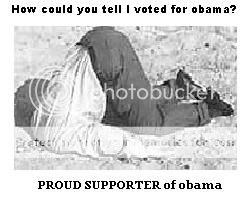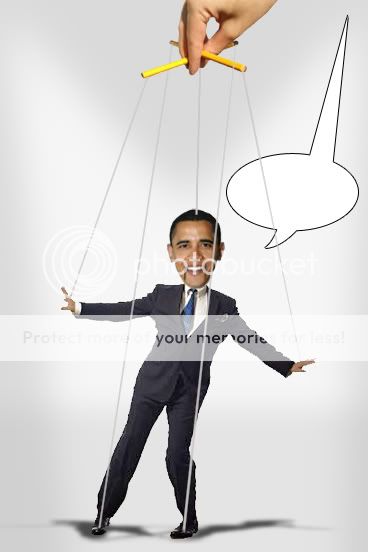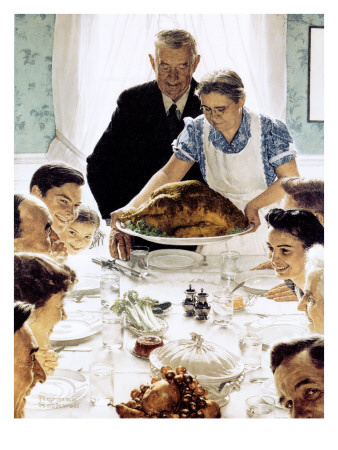There is a wonderful quote that has been making its way around the internet over the past year. It apparently was translated from an article published in the Czech Republic newspaper Prager Zeitung last April and reads as follows:
Project Obama: A Puppetmaster or a Puppet?
Is President Obama the mastermind of the radical-left movement or merely its symbol? Actually, it doesn’t matter. What matters is that the socialist project, which had been nearly a century in the making, in 2008 came to fruition, winning the presidential election and seizing power. And whether the face of the movement, Barack Obama, is indeed its leader or just a puppet of a revolutionary cabal is purely academic. Still, trying to divine the truth is an intriguing proposition. So let me take a stab at this intellectually stimulating game. And no, I’m not going to indulge in guesswork, trying to penetrate the veil of mystery surrounding Obama, a man without a past. My intention is to arrive at an answer by induction from what is a matter of public record and what is in plain view.
Read more: http://www.americanthinker.com/2012/02/project_obama_a_puppetmaster_or_a_puppet.html#ixzz1l9dvZ5hT
“The Secret Knowledge” by David Mamet
All religions stem from the same universal needs. Each contains awe, obedience, grace, study, prayer, and submission. Each religion will order and stress these elements differently, but their root is the same—a desire to understand the Divine and its intentions for humankind.
The political impulse, similarly, must, however manifested, proceed from a universal urge to order social relations.
“Ameritopia-The Unmaking of America” by Mark Levin
My premise, in the first sentence of the first chapter of this
book, is this: “Tyranny, broadly defined, is the use of power to
dehumanize the individual and delegitimize his nature. Political
utopianism is tyranny disguised as a desirable, workable, and even
paradisiacal governing ideology.”
Plato’s Republic, More’s Utopia, Hobbes’s Leviathan, and Marx’s
workers’ paradise are utopias that are anti-individual and antiindividualism.
For the utopians, modern and olden, the individual
is one-dimensional—selfish. On his own, he has little moral value.
Contrarily, authoritarianism is defended as altruistic and masterminds
as socially conscious. Thus endless interventions in the individual’s
life and manipulation of his conditions are justified as
not only necessary and desirable but noble governmental pursuits.
This false dialectic is at the heart of the problem we face today
Hey, remember this guy?
With all eyes on the Republicans and their presidential-nomination donnybrook, behind the scenes President Obama is still busy with the “fundamental transformation” of the US that he promised during the 2008 campaign.
While analysts have been chewing over Rick Santorum’s surprise near-victory over front-runner Mitt Romney in the Iowa caucuses last week, the real action has been going on under the media radar in Washington, where:
Read more: http://www.nypost.com/p/news/opinion/opedcolumnists/hey_remember_this_guy_L7HnrH4rTOZHgR4vwjCrYI#ixzz1isd3LUid
A Bob Hope Christmas to all!
Bob Hope entertains the troops and reminds us what Christmas is.
Craving Another Great Depression
Pushing his agenda for higher taxes on “the rich,” President Obama kicked off his December 6 speech in Kansas by saying his Kansas grandparents “shared the optimism of a nation that triumphed over the Great Depression.”
In fact, the 1929 stock market crash turned into the long-running Great Depression because the counterproductive soak-the-rich policies of the federal government hadn’t “triumphed” in reversing the downturn.
Five Big Lies in Obama’s Economic Fairness Speech
Election ’12: One thing is certainly true about President Obama — no matter how many times people point out the falsehoods in his speeches, he just keeps making them. Case in point: his latest “economic fairness” address.
In that speech Tuesday, Obama once again tried to build a case for his liberal, big-spending, tax-hiking, regulatory agenda. But as with so many of his past appeals, Obama’s argument rests on a pile of untruths. Among the most glaring:
• Tax cuts and deregulation have “never worked” to grow the economy. There’s so much evidence to disprove this claim, it’s hard to know where to start. But let’s begin with the fact that countries with greater economic freedom — lower taxes, less government, sound money, free trade — consistently produce greater overall prosperity
A Happy & Blessed Thanksgiving To All!
Bless this house, O Lord, we pray. Keep it safe by night and day. Bless these walls so firm and stout, keeping want and trouble out.








